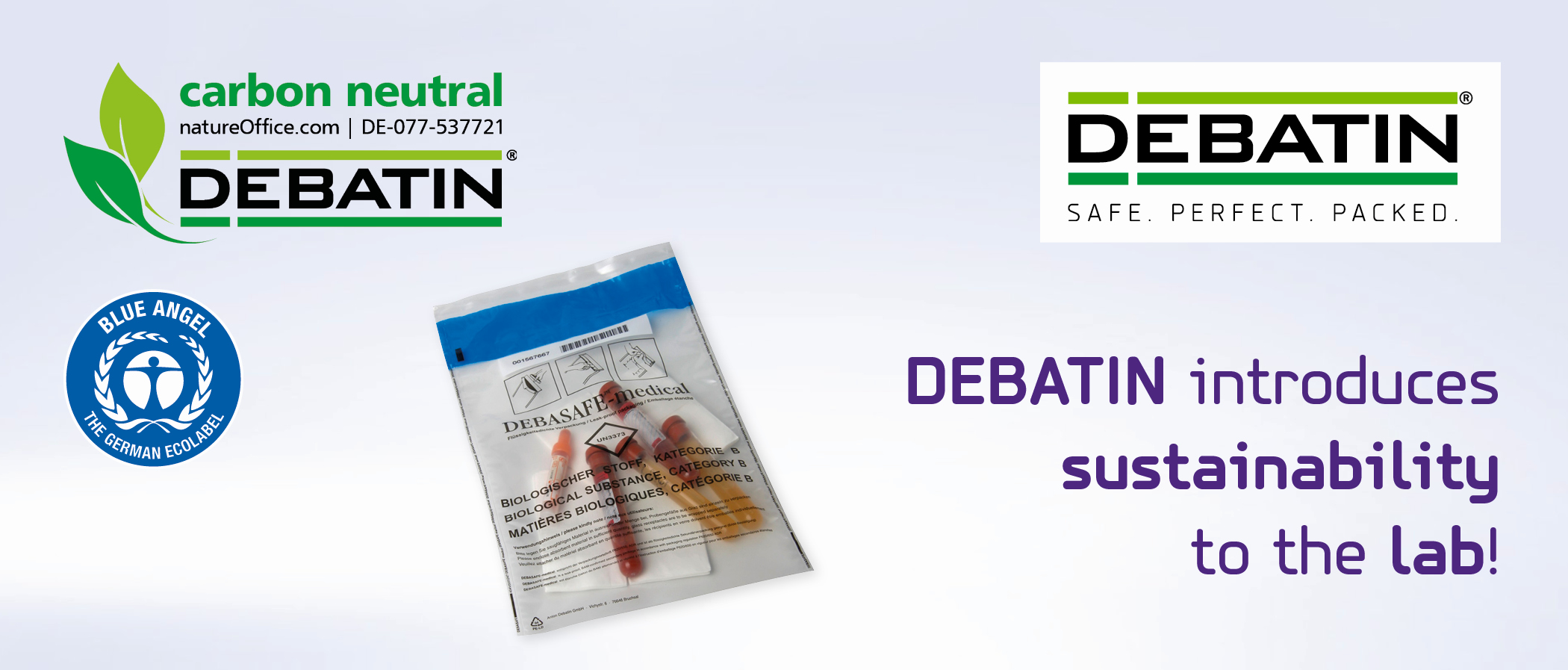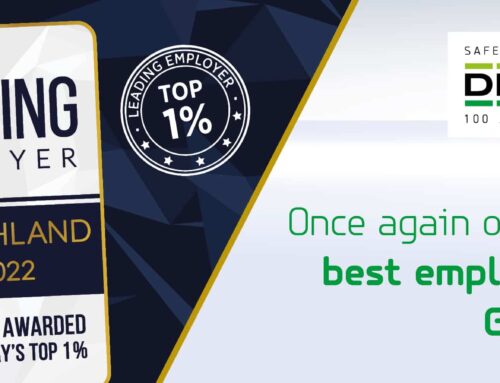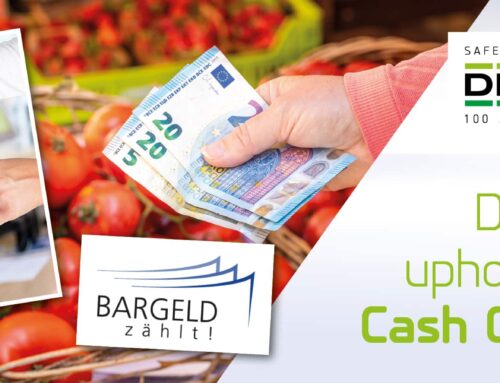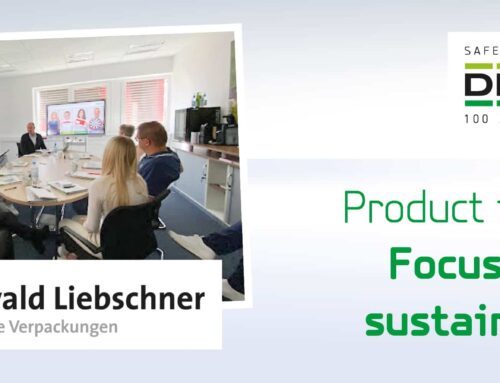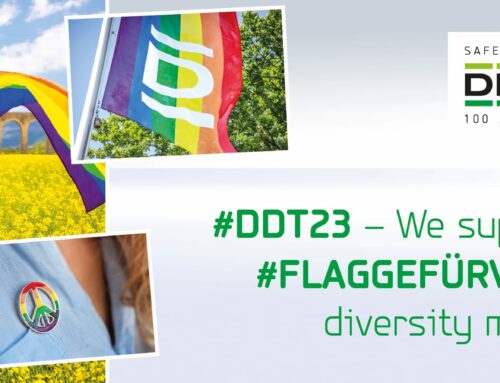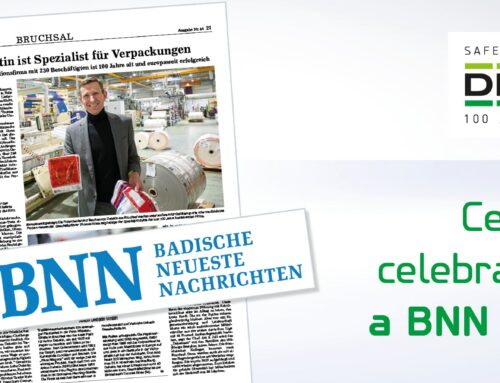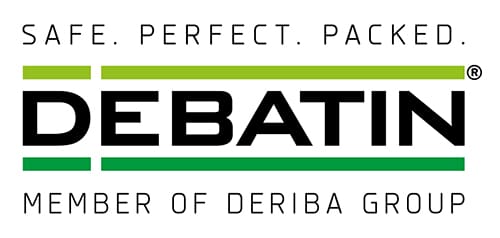Every year, the health care industry emits the dizzying amount of around two gigatonnes of greenhouse gases. That’s equivalent to the annual carbon emissions from 514 coal-fired power stations!
The above figures were calculated by an NGO named “Health Care Without Harm” (HCWH), and the conclusions they draw are sobering. Accounting for a whole 4.4 % of the world’s greenhouse gases, the health care industry contributes more on a global scale to the climate crisis than either air travel (2.8 %) or shipping (3 %).
In their tally, the HCWH included carbon footprints from areas such as patient transportation, energy consumption, waste disposal in hospitals, and the manufacture of medical products. The report ends by quoting Tedros Adhanom Ghebreyesus, Director General of the World Health Organisation (WHO): “Places of healing should be leading the way, not contributing to the burden of disease”.
A case where “less” is sadly not “more”
A large proportion of the greenhouse gases emitted by labs are connected with the transportation of biological samples. The Robert Koch Institute clearly states that biological samples which pose a potential threat to people and/or animals must be packaged carefully before being transported to or from labs. This packaging must comply with various legal requirements. Essentially, these requirements are detailed in the European Agreement concerning the International Carriage of Dangerous Goods by Road (ADR). Class 6.2 of the ADR lists specific labelling, packaging and transport requirements that apply to infectious substances. These are subdivided into various categories, depending on how potentially infectious the substance is deemed to be.
Exempt medical specimens, for example, require the following packaging:
– a leak-proof primary receptacle (e.g., Monovette, tube with screw-on cap),
– leak-proof secondary packaging and
– sufficiently rigid outer packaging (at least 100 x 100 mm).
Additional requirements for liquids are listed in detail in ADR 2.2.62.1.5.8. All in all, the regulations leave little room for manoeuvre when it comes to choosing and using packaging. More information on this subject is available on DEBATIN’s website.
Biological samples can be transported more sustainably!
Stefan Wiese, Area Sales Manager for DEBATIN, has a clear vision. “Our core task is to synchronise the complex ADR requirements with sustainability demands,” he says. He’s found that more and more laboratories that process biological samples are now analysing their logistics processes and looking for ways to make them more sustainable. There’s considerable rationale behind this approach, as Wiese explains. “KLIK, for example, is a project initiated jointly by BUND Berlin, the North-Rhine Westphalia Hospital Association and Jena teaching hospital. KLIK has created a network of 250 clinics and hospitals across Germany, all of which are introducing measures to reduce their greenhouse emissions by a grand total equivalent to 100,000 tonnes of CO2. Carbon-neutral mailing bags for biological samples, protective covers and transport bags all play an important role here, because disposable supplies of this nature are used in very large quantities.”
How can secondary packaging benefit sustainability?
Here at DEBATIN, we developed our DEBASAFE® medical secondary packaging range to comply with all ADR requirements for transporting biological samples. Moreover, to meet the exacting sustainability standards of our customers, the range is also available on request in an environmentally friendly material. “We realised that the best place to use PCR material (post-consumer recycled film) is in the secondary packaging. Our PCR film is made from waste plastics – note, however, that we don’t use industrial waste,” explains DEBATIN’s CEO Thomas Rose. The recycled material is every bit as waterproof as the standard version, as Rose is quick to add. Last but not least, the bags are tested and approved by the German Federal Institute for Materials Research and Testing.
Carbon neutrality for “green” hospitals
When DEBATIN customers request products made using PCR material from our DEBASAFE® medical range, the bags they receive are proven sustainable: they’re Blue Angel certified. Like all our other products, they’re also carbon neutral. That’s because, as CEO Thomas Rose explains, DEBATIN wants to support its business partners in hospital labs in their efforts to achieve “Green Hospital” status. “We also want to help external labs achieve their sustainability goals,” he adds. Using recycled materials makes even more sense in light of various regulations (TRBA 100, TRBA 250 and RKI guidelines on handling Covid-related waste) that dictate – for occupational safety reasons – that used packaging must NOT be recycled. DEBATIN sets a good example here. The entire corporate group and our entire product range are carbon neutral. In 2019, our climate project completely offset our carbon emissions, bringing them down 25,000 tonnes to net zero.
Recycling needs decentralised structures
Hand in hand with the other members of the DERIBA Group, to which it belongs, the DEBATIN Group has created its own recycling loop. All five members of the DERIBA Group specialise in packaging, and decided it was better to create their own decentralised recycling solution than wait indefinitely for the world to come up with a silver bullet. “We also developed our Greenline film to take a stand for more sustainability in the packaging industry,” says Thomas Rose.
Another topic to which DEBATIN attaches great importance is hygiene safety. In the light of the COVID-19 pandemic, hospitals are prioritising occupational safety more than ever before as they seek to protect their employees – and thus their patients – from the dangers of contaminated materials. DEBATIN helps by raising awareness and providing suitable products.
If you have any questions about legally compliant packaging for the different categories of biological samples, please contact our expert Stefan Wiese.
Anton Debatin GmbH
Stefan Wiese
Vichystrasse 6
76646 Bruchsal, Germany
Direct contact:
Phone +49 7251 8009 758
stefan.wiese@debatin.de
www.debatin.de

